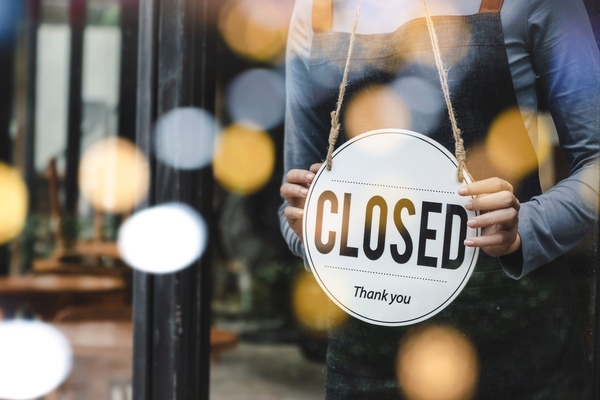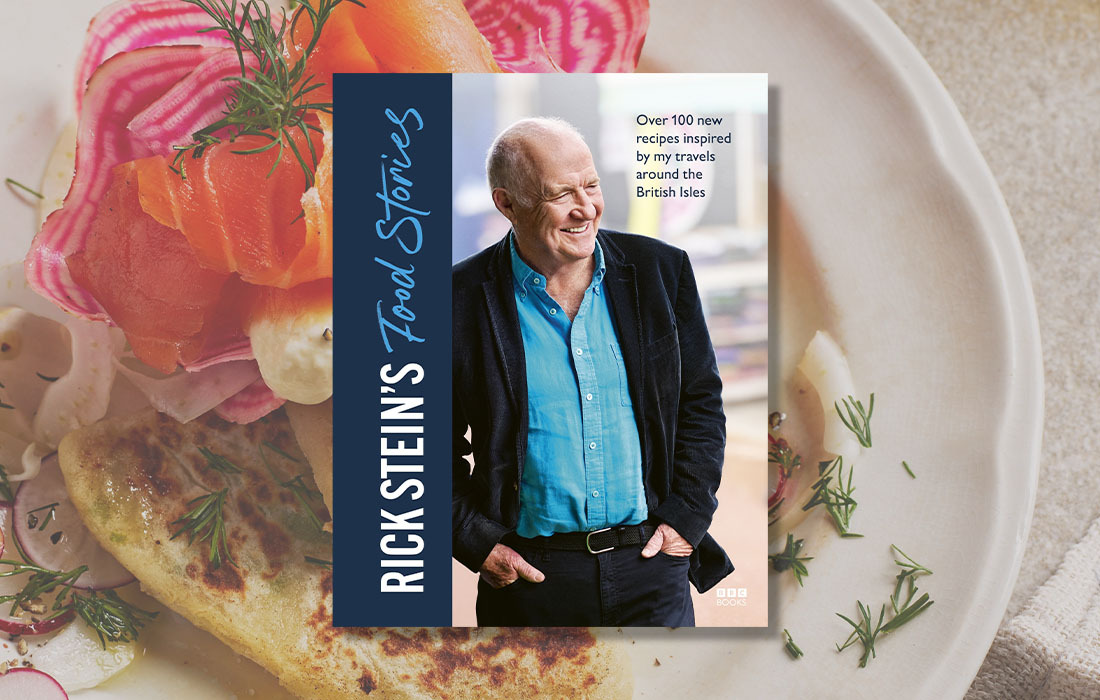No-deal Brexit would increase import bureaucracy and taxes, government papers reveal
A no-deal Brexit will see more bureaucracy and taxes on trade, government preparedness papers have revealed, potentially causing increase in prices for the hospitality sector and hurdles to operation for small and medium sized suppliers.
As part of preparations for a no-deal Brexit scenario - where the UK is unable to establish an agreement with the EU before 29 March 2019 - the government has issued advice on several sectors of the UK economy including import and export, organic produce, and farming.
While the reports note a no-deal scenario "remains unlikely given the mutual interests of the UK and the EU in securing a negotiated outcome", the technical notices set out "information to allow businesses and citizens to understand what they would need to do in a no-deal scenario, so they can make informed plans and preparations."
The documents note several bureaucratic hurdles for UK imports, including licences suppliers may need to apply for. Trade between the EU and the UK would operate under Most Favoured Nation rules, which means the EU and the UK would offer the same tariffs as they do to similar countries where they do not already have a trade deal in place, which could cause an increase in prices along the supply chain.
Te reports repeatedly advise businesses consider whether to employ "a customs broker, freight forwarder or logisitics provider" - potentially incurring further costs and hurdles to operation for SME's in the supply industry.
Further impact could be felt by organic focused operations that depend on trade with the EU.
Leaving without a deal will mean the UK can no longer use the EU's organic certification and logos - even if they have previously been used by companies. As such the UK would have to apply a new organic standards authority, and issue new logos which must be printed on packaging.
And while UK businesses who trade organic produce must apply to operate under the EU's organic certification, the report notes "UK control bodies are not permitted to make these applications until the UK becomes a ‘third country'.
It adds: "Approval [for the UK to become a third country] can take up to nine months so we are exploring alternative approaches that should speed up this process."
This could mean a potentially catastrophic delay in the ability of organic based operations to trade produce in the EU.
UKHospitality chief executive Kate Nicholls said: "A no-deal Brexit would cause serious problems for many UK businesses, not least of all the hospitality sector. These initial announcements will provide some small measure of reassurance, but we need to see the rest of the proposals and a great deal more detail on how the Government proposes to mitigate the impacts of a no-deal exit.
"There are still major concerns about food and drink imports upon which hospitality businesses rely to a large degree and we still need substantially more clarity on the exact terms for current EU citizens as well as an idea of what the future immigration system will look like.
"We will be looking forward to the future publications for more certainty and detail and, hopefully, proactive plans for the support of the hospitality sector in any Brexit scenario."
Brexit minister confirms ‘no plans to deploy army to protect food supplies'>>
Assurances for EU workers in the event of no-deal Brexit welcomed>>













